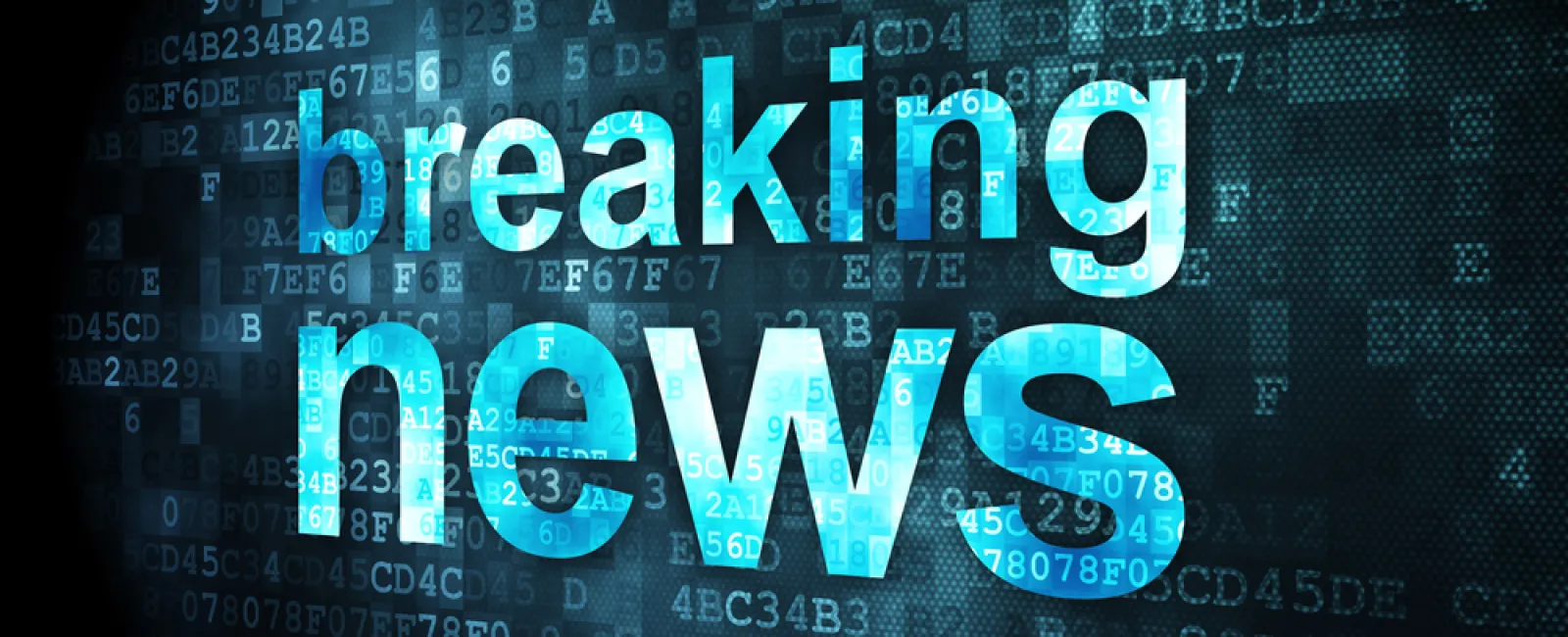Breaking News! HHS announces revised 42 CFR Part 2
The U.S. Department of Health and Human Services (HHS) announced the Substance and Mental Health Services Administration (SAMHSA), has adopted and revised the Confidentiality of Substance Use Disorder Patient regulation, 42 CFR Part 2.
According to HHS, the new rule advances the integration of healthcare for individuals with substance use disorders while maintaining critical privacy and confidentiality protections. This revision should further align 42 CFR Part 2 and HIPAA regulations. The revised rule modifies several major sections of Part 2, as follows:
1. Applicability and Re-Disclosure - Treatment records created by non-Part 2 providers based on their own patient encounter(s) are explicitly not covered by Part 2 unless any SUD records previously received from a Part 2 program are incorporated into such records. Segmentation or holding a part of any Part 2 patient record previously received can be used to ensure that new records created by non-Part 2 providers will not become subject to Part 2.
2. Disposition of Records - When a SUD patient sends an incidental message to the personal device of an employee of a Part 2 program, the employee will be able to fulfill the Part 2 requirement for "sanitizing" the device by deleting that message.
3. Consent Requirements - An SUD patient may consent to the disclosure of the patient's Part 2 treatment records to an entity (e.g., the Social Security Administration), without naming a specific person as the recipient for the disclosure.
4. Disclosures Permitted w/ Written Consent - Disclosures for the purpose of "payment and health care operations" are permitted with written consent, in connection with an illustrative list of 18 activities that constitute payment and health care operations now specified under the regulatory provision.
5. Disclosures to Central Registries and PDMPs
- Non-OTP (opioid treatment program) and non-central registry treating
providers are now eligible to query a central registry, in order to determine
whether their patients are already receiving opioid treatment through a membership
program.
OTPs are permitted to enroll in a state prescription drug monitoring program
(PDMP) and are permitted to report data into the PDMP when prescribing or
dispensing medications on Schedules II to V, consistent with applicable state
law.
6. Medical Emergencies - Declared emergencies resulting from natural disasters (e.g., hurricanes) that disrupt treatment facilities and services are considered a "bona fide medical emergency," for the purpose of disclosing SUD records without patient consent under Part 2.
7. Research - Disclosures for research under Part 2 are permitted by a HIPAA-covered entity or business associate to individuals and organizations who are neither HIPAA-covered entities nor subject to the Common Rule (re: Research on Human Subjects).
8. Audit and Evaluation - Clarifies specific situations that fall within the scope of permissible disclosures for audits and/or program evaluation purposes.
9. Undercover Agents and Informants - Court-ordered placement of an undercover agent or informant within a Part 2 program is extended to a period of 12 months, and courts are authorized to further extend the period of placement through a new court order.
These rule changes will take effect on August 14, 2020.

